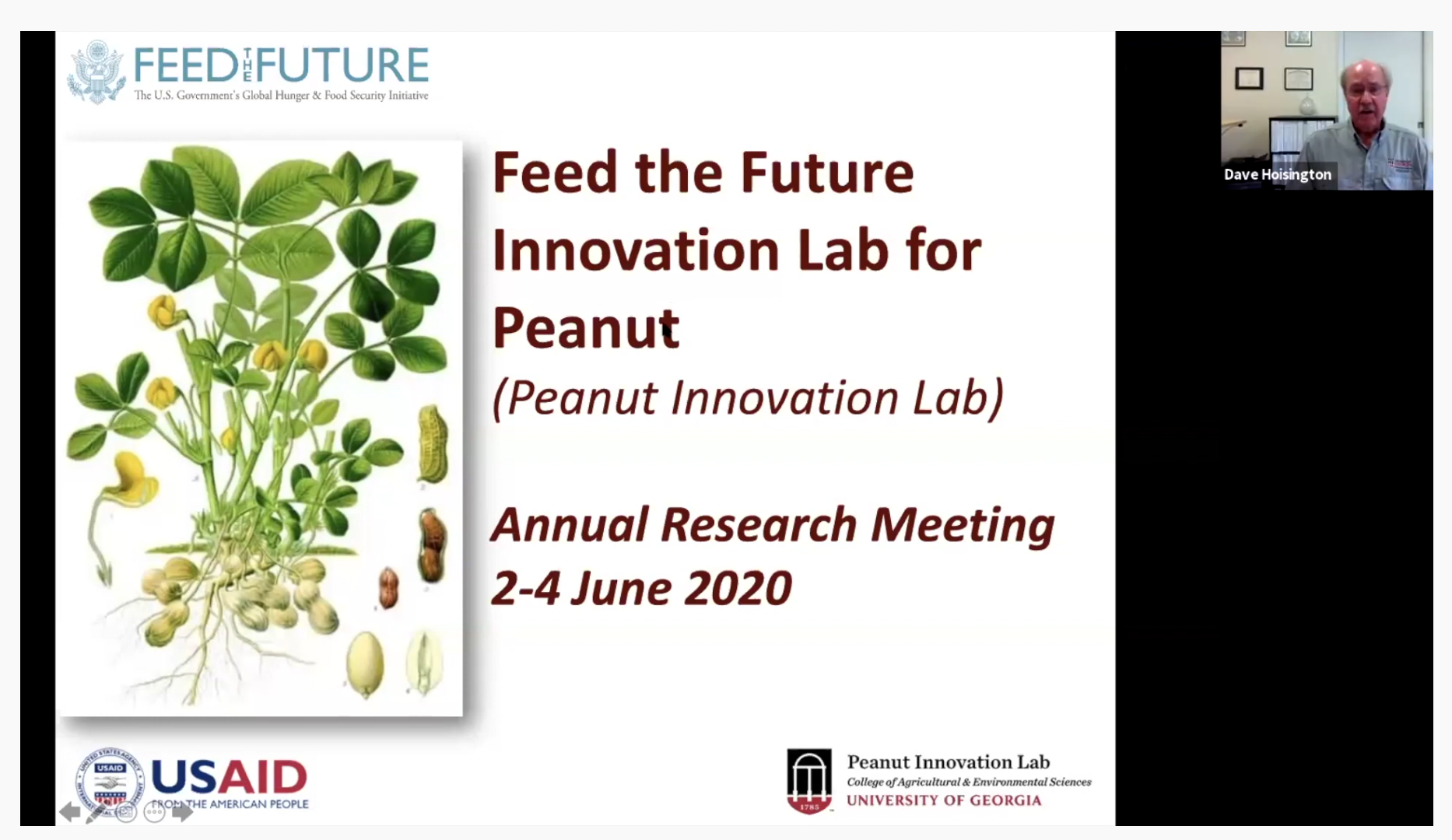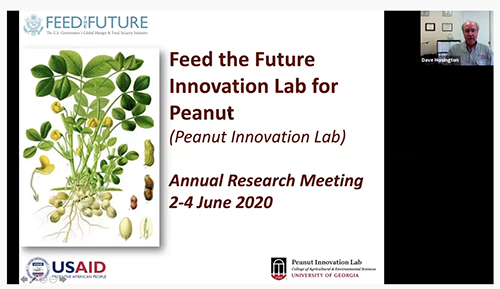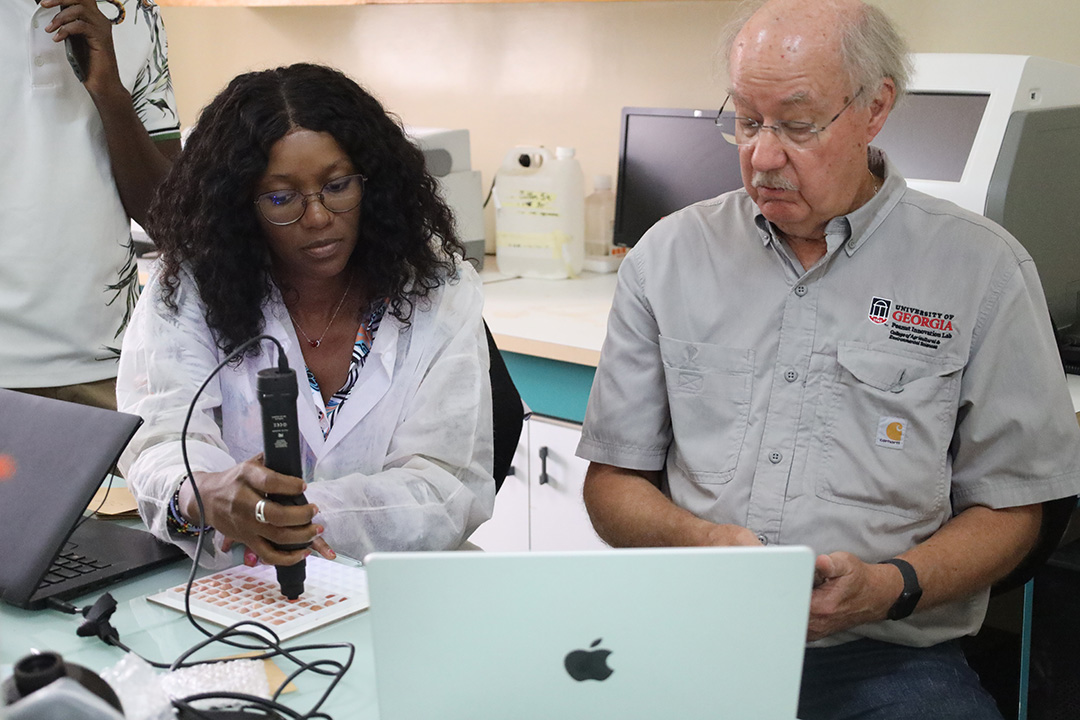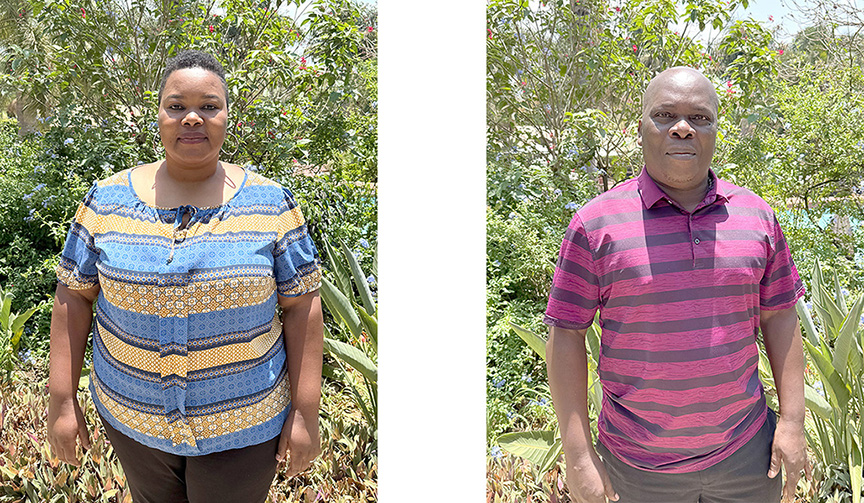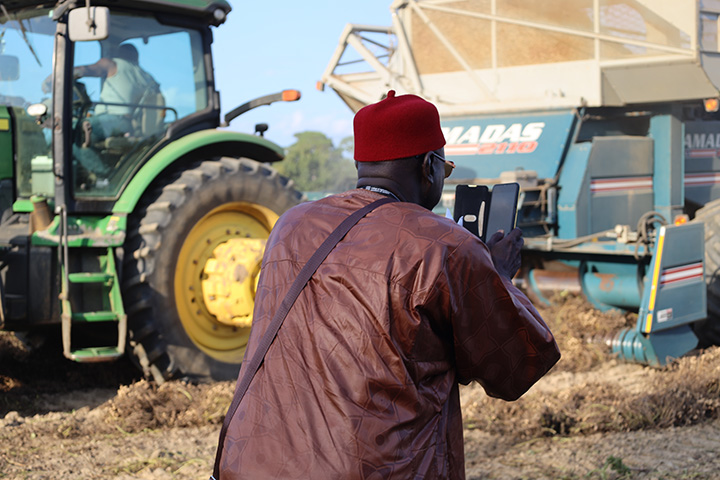At the end of any multiple-day meeting, the Peanut Innovation Lab would survey participants to solicit opinions on the most helpful (and, not so helpful) aspects of the gathering. Following the program’s first all-virtual annual meeting and June, that feedback was even more important than usual, leading the lab to conduct an in-depth survey about what worked, what failed and how participants would like to attend meetings in the future.
The Feed the Future Innovation Lab for Peanut is a five-year program headquartered at the University of Georgia, involving more than a dozen universities and national agriculture programs in the United States and several countries in Africa. The 2020 Annual Research Meeting originally was scheduled to be held in Malawi, but was moved online due to travel restrictions related to the COVID-19 pandemic.
On average, 100 people attended each day of the three-day meeting, and nearly everyone participated throughout the nine hours of presentations in all areas of research.
Sixty-six people responded to a follow-up survey about the meeting.
While several countries were represented during the meeting, 42% of respondents were from the U.S. with Uganda following at 15%. The majority of participants (84%) connected to the conference from home using their laptop as their primary device.
Overall, they reported a positive experience. Nearly 90% of the respondents felt that the length of the conference, the presentation length, and session length were adequate, although over 10% felt the presentation time was too short.
Due to the nature of a virtual conference, interaction can sometimes seem limited. Respondents were fairly evenly split on whether there was adequate opportunity to interact with the other participants. Survey respondents provided excellent feedback so that we can improve question and answer time as well as incorporate possible breakout sessions in future events. There was an overwhelming response to how well the Management Entity did to be flexible during a pandemic. Many respondents felt that the conference was well organized and efficient.
The feedback already is helping the management entity to a virtual meeting this fall, in which graduate students will be able to present and receive feedback about their research.
“Virtual meetings are not only cost effective, but they allow for a larger audience and participation. We plan to have a virtual meeting each year similar to this one so that everyone can receive research updates. We will explore the possibility of adding virtual field visits, breakout rooms and student presentations to the meeting,” said Director Dave Hoisington. “We also realize the importance of having a virtual component to every meeting that we host, even in-person meetings. It is our hope that we can broadcast/record all events to allow a wider audience to participate.”

